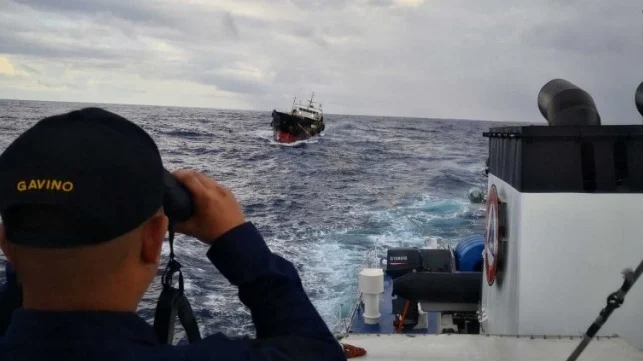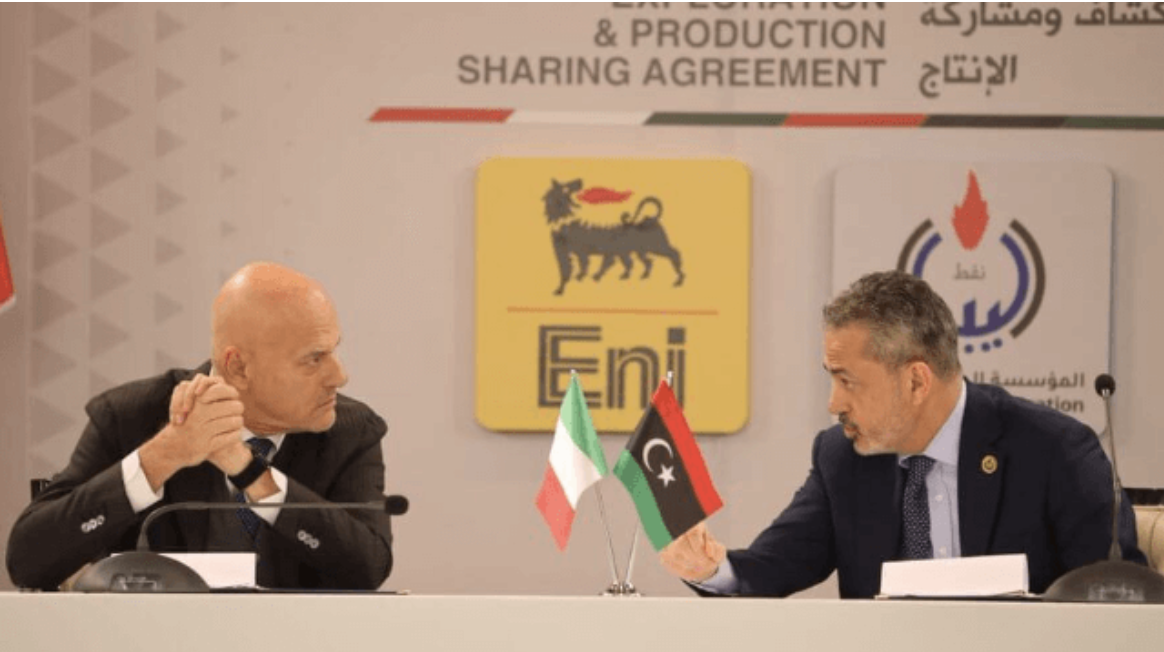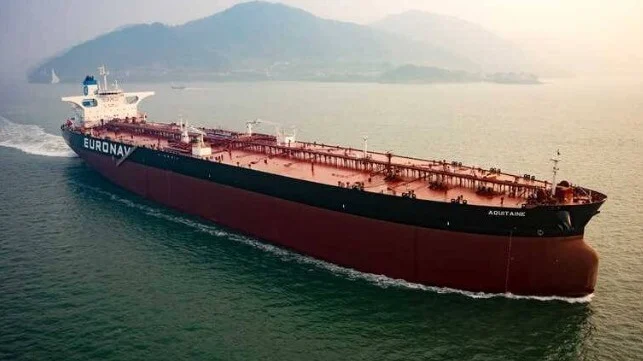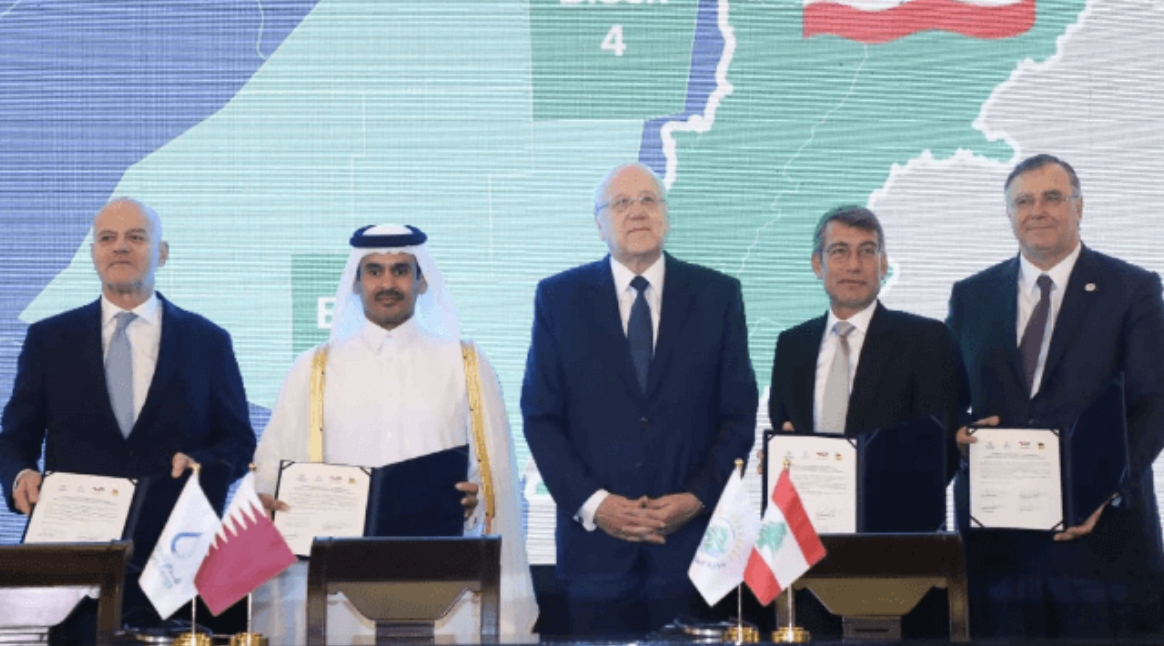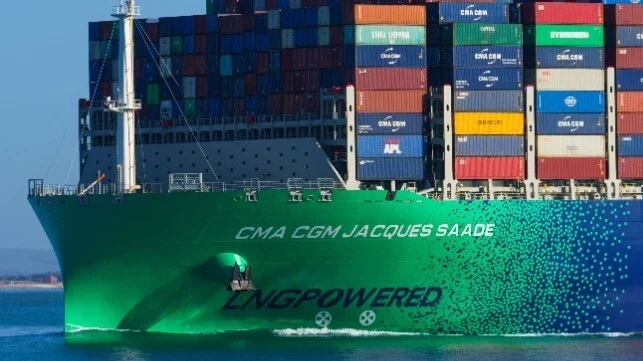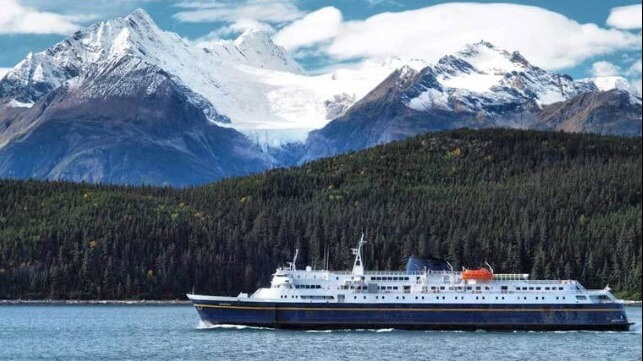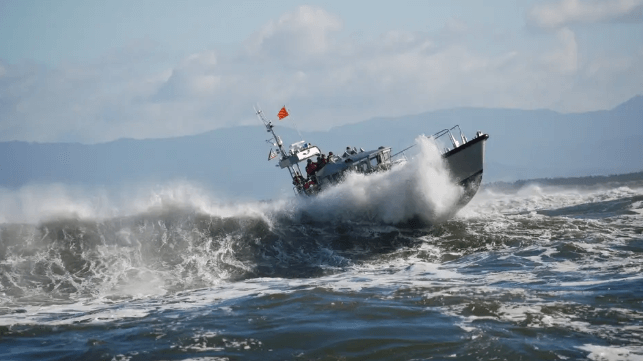
Ballast water may be taken onboard by ships for stability and can contain thousands of aquatic or marine microbes, plants and animals, which are then carried across the globe. Untreated ballast water released at the ship’s destination could potentially introduce a new invasive marine species. Hundreds of such invasions have already taken place, sometimes with devastating consequences for the local ecosystem.

The International Convention for the Control and Management of Ships’ Ballast Water and Sediments (BWM Convention) was adopted in 2004 to introduce global regulations to control the transfer of potentially invasive species. With the treaty now in force, ships need to manage their ballast water.
Status of the BWM Convention
The BWM Convention entered into force on 8 September 2017.

   |
| BWM treaty requirements Under the Convention, all ships in international traffic are required to manage their ballast water and sediments to a certain standard, according to a ship-specific ballast water management plan. All ships have to carry a ballast water record book and an international ballast water management certificate. The ballast water management standards are being phased in over a period of time. New ships must meet the ballast water treatment standard. Existing ships should exchange ballast water mid-ocean but they will need to meet the ballast water treatment standard by the date of a specified renewal survey. Eventually, most ships will need to install an on-board ballast water treatment system.Click here to read more about the requirements.Approval of BWM systems The BWM Convention requires that ballast water management systems used, to comply with the Convention, must be approved by the Administration taking into account the Guidelines for approval of ballast water management systems (G8) |
Invasive species – a few examples
| | Capacity Building – GloBallast IMO executed the GEF-UNDP-IMO GloBallast Partnerships Programme (2008-2017) to sustain the global momentum in tackling the ballast water problem and to catalyse innovative global partnerships to develop solutions. Click here to reach the official Website.The GloBallast Story (download the PDF) outlines the key achievements of the GloBallast Partnerships Programme, executed by IMO in collaboration with the Global Environment Facility (GEF) and the United Nations Development Programme (UNDP). The project closed in June 2017. It was launched in 2007 after an initial 4-year phase and has been assisting developing countries to reduce the transfer of harmful aquatic organisms and pathogens in ships’ ballast water and implement the IMO Ballast Water Management (BWM) Convention. |
|  |
| The 10 most invasive species that can be transferred through ships’ ballast water are profiled in the publication, which also provides infographics, diagrams and detailed case histories.
|
|||





